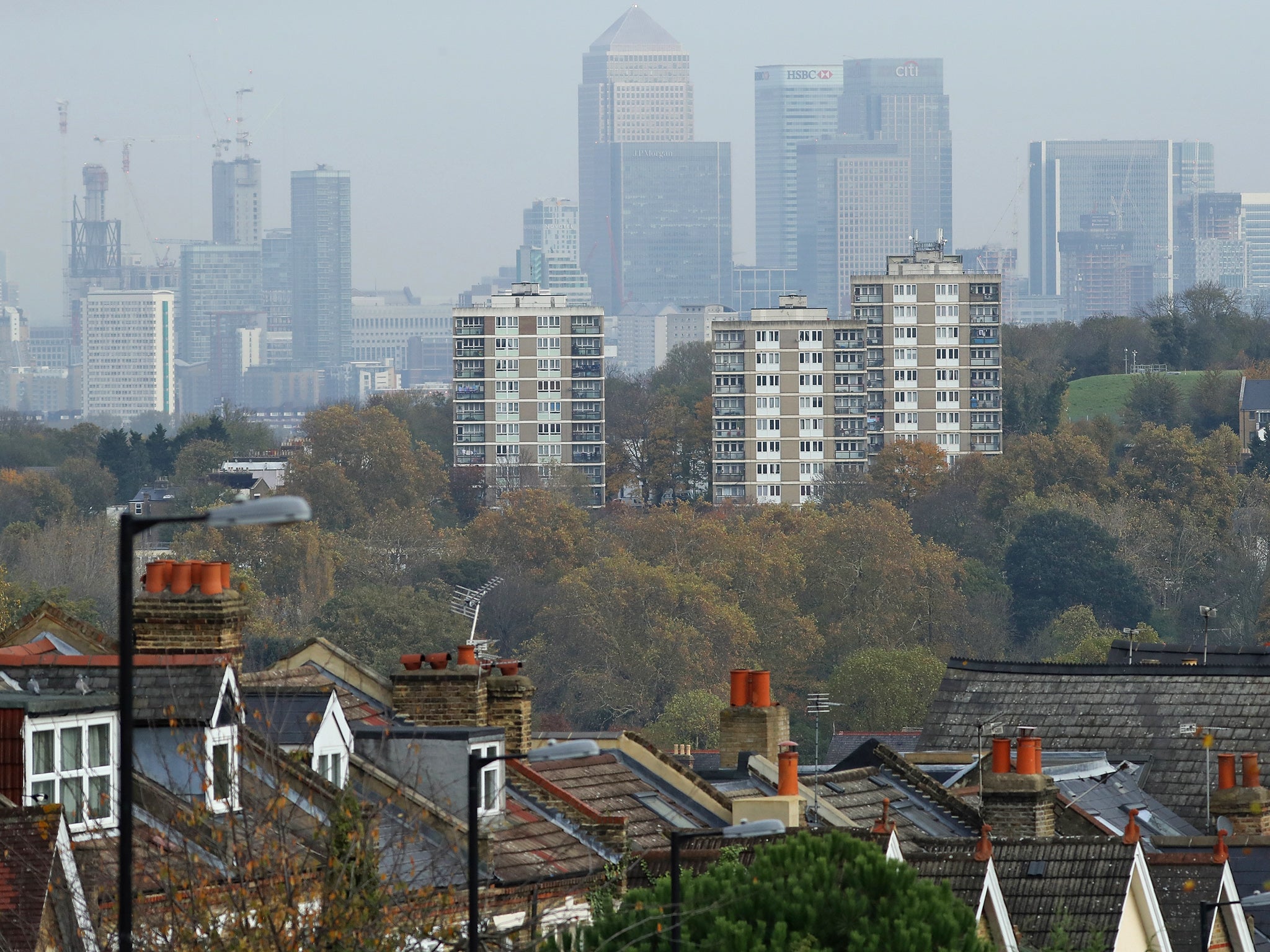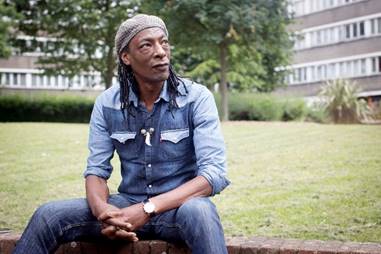More than 100,000 families waiting more than a decade for social housing, figures show
Analysis of figures indicate at least 310,500 households in need of social housing have been on waiting lists for more than half a decade, with some waiting for as many as 18 years

Your support helps us to tell the story
From reproductive rights to climate change to Big Tech, The Independent is on the ground when the story is developing. Whether it's investigating the financials of Elon Musk's pro-Trump PAC or producing our latest documentary, 'The A Word', which shines a light on the American women fighting for reproductive rights, we know how important it is to parse out the facts from the messaging.
At such a critical moment in US history, we need reporters on the ground. Your donation allows us to keep sending journalists to speak to both sides of the story.
The Independent is trusted by Americans across the entire political spectrum. And unlike many other quality news outlets, we choose not to lock Americans out of our reporting and analysis with paywalls. We believe quality journalism should be available to everyone, paid for by those who can afford it.
Your support makes all the difference.Tens of thousands of families in England are being forced to wait for more than a decade to move into social housing, analysis has revealed for the first time, as the number of social homes dwindles to a record low.
More than 100,000 households have been stuck on council housing waiting lists for more than 10 years, as the declining number of homes sees families forced into poor and overcrowded temporary accommodation or paying “hideously unaffordable” rents.
New analysis of official figures shows that of the 1.15 million households currently on wait lists, at least 310,500 have been waiting to be moved into social homes for more than half a decade, with some waiting for as many as 18 years.
The findings by Shelter were obtained using existing government figures showing that 27 per cent of adults in need of social housing had been waiting for more than five years, while 9 per cent had been on wait lists for more than 10 years. The charity said the true figures were likely to be much higher.
Twelve months after hundreds of households were displaced by the Grenfell tragedy, the figures have prompted politicians and campaigners to call for a bold new plan for social housing to ensure that families are not condemned to waiting lists.
It comes amid an overarching downward trend in the number of social houses since figures started to be recorded in their current form in 2007-08. In the nine-year period, the number of homes let for social rent fell from 366,820 to 290,060, with nearly 40,000 fewer social houses rented in 2016-17 than the year before.
This decline in social housing has seen soaring numbers of households forced into temporary accommodation, with the latest figures showing that almost 79,000 families were staying in temporary housing in the last three months of last year, compared with 48,010 in the same period eight years before.
Others have been forced into the private rented sector, where high rents can drive tenants into overcrowded living conditions or out onto the street.
Freddy Emmanuel, 56, is a part-time commercial engineer who has been stuck on a west London waiting list for the past 18 years, and is currently privately renting nearby.
“I grew up here, went to school here, worked here. I have been on the waiting list for a solid 18 years. I’ve been homeless, in private renting or sofa surfing all that time,” he said.
“Not having a settled place makes it hard to do anything, even getting letters delivered so you can get accepted for doctors is hard. I’m in my mid-fifties and at this age I should be looking after my family and relaxing in the job that I’ve been doing for a long time. But I can’t do any of that until I get my own place.

“I feel that I should be helped by the council. My family has been in this borough for a long time and for me to stick in the area would be good for the community. I know a lot of people here and work with loads of charities. This is my neighbourhood.”
Housing lawyer Giles Peaker told The Independent social housing had become an area of “considerable struggle”, with families left in cramped and badly maintained accommodation for years because there’s “simply nowhere to go”.
“People are having to stay wherever they can. Some move in with family members, others are in temporary housing, which is often cramped and badly maintained, or emergency housing – B&Bs and hostels. They can be moved at very short notice, so it’s deeply unsettling,” he said.
“Many of them are just remaining in really bad private sector accommodation – which is crowded and can be hideously unaffordable. People can stay in this situation for years and years.
“Unless there is a concerted effort to turn around this social housing crisis it’s going to remain that way.”
Responding to the findings, John Healey, Labour’s shadow housing secretary, accused Conservative ministers of allowing the number of new social rented homes built to fall to a record low through “reckless decisions”.
“After eight years of failure on housing, the country urgently needs Labour’s long-term plan for new affordable housebuilding, with a million new genuinely affordable homes more than 10 years,” he said.
Polly Neate, chief executive of Shelter, said: “The fact that one year on from Grenfell, some survivors are still homeless has totally shaken people’s trust in the safety net the state supposedly provides. And this is despite them being ‘fast-tracked’ outside the usual waiting list system, too.
“Imagine then how frustrating life must be for the millions of people elsewhere in the country who have been stuck on waiting lists, often for years on end. This is not just confined to London but happening right across the country, from Brighton to Blackpool. Families are unable to get settled and unable to get on with their lives.
“The Grenfell tragedy must mark a turning point in our nation’s approach to social housing and its tenants – we clearly need a bold new plan for social housing so families are not condemned to waiting lists but given safe, secure and affordable housing as quickly as possible.”
Instead of socially rented homes, which are typically available to families at about 50 per cent of the market rate, the government has prioritised the building of “affordable” homes, which can be rented at up to 80 per cent of market value.
It comes after groundbreaking research revealed England needs to build four million new homes to deal with the escalating housing crisis.
The findings by Heriot-Watt University found the country has a backlog of 3.91 million homes, meaning 340,000 new homes need to be built each year until 2031 – which is significantly higher than the government’s current target of 300,000 homes annually.
The housing issue has been fuelled by a policy change in 2011, which enabled councils to adopt strict criteria for those applying to go on social housing waiting lists, such as having to work of even volunteer in the local area.
A survey by Inside Housing magazine in 2016 found 159 English councils have struck 237,793 people off their waiting lists and barred a further 42,994 new applicants since the Localism Act came into effect in June 2012.
A Ministry of Housing, Communities and Local Government spokesperson said: “Everyone deserves a safe and decent place to live and since 2010 we have delivered more than 357,000 new affordable properties.
“We are determined to do more, and are investing a further £9bn in affordable homes, including £2bn to help councils and housing associations build properties for social rent.
“We have also committed to giving councils the power to borrow £1bn to build new properties in the areas were there are the greatest affordability pressures.”
Join our commenting forum
Join thought-provoking conversations, follow other Independent readers and see their replies
Comments